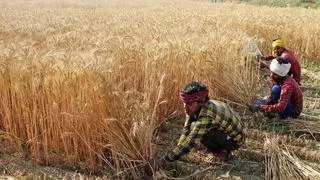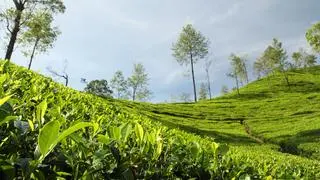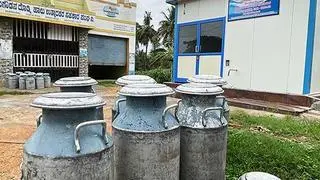The United Planters’ Association of South India (Upasi) has urged the Tea Board to immediately revive the Tea Council - both in North and South India - whose remit is to monitor closely tea exports as well as imports.
Upasi’s suggestion comes in the wake of the current controversy over the rejection of tea consignments by unreported importing destinations, which it believes is an “exaggeration of facts with no conclusive evidence” to state that tea consignments were returned.
The planters’ body has called upon its members to adhere to high standards in production by ensuring that their produce is well within the residue levels laid down by the various standards/ statutes. The long plucking intervals followed in South India facilitate the safe harvest intervals specified for each and every pesticide.
Research foundation’s role
M.P. Cherian, President, said the Upasi Tea Research Foundation has recommended pesticides approved by the Central Insecticides Board and the industry has been following the stringent guidelines on MRL limits fixed by regulatory authorities like the FSSAI.
Though several pesticides have been registered for pest control, the choice for widespread application is limited to a few chemicals for which the Maximum Residue Limits (MRL) have been declared by several countries and international organisations including EPA, FAO, the European Economic Community (EEC) and Codex Alimentarius Commission.
Pesticides usage in South India is need-based. Upasi’s member tea gardens use pesticides that are cleared by the UPASI TRF, which also recommends non-chemical pest management strategies such as the use of cultural, botanicals, pheromones and microbial. Inorganic compounds, including sulphur and copper oxychloride, to reduce the effect of pesticide residues in tea.
Lost in evaporation
In tea, pesticides are recommended for application after harvesting and they are generally lost by evaporation, growth dilution, photo degradation and rainfall. Further degradation takes place due to thermal decomposition during the manufacturing process, when tea is exposed to high temperatures.
The largest auction centre in South India, Cochin, has been periodically testing auction teas for several years. These teas have MRL levels far below the FSSAI-specified levels.
Though South India accounts for 17.50 per cent of domestic production, its share in exports is 42.02 per cent. It is pertinent to note that exports are only carried out once the buyer tests samples of each consignment and approves the same.








Comments
Comments have to be in English, and in full sentences. They cannot be abusive or personal. Please abide by our community guidelines for posting your comments.
We have migrated to a new commenting platform. If you are already a registered user of TheHindu Businessline and logged in, you may continue to engage with our articles. If you do not have an account please register and login to post comments. Users can access their older comments by logging into their accounts on Vuukle.